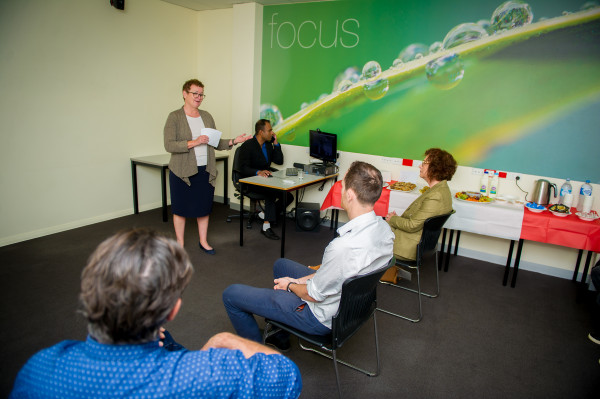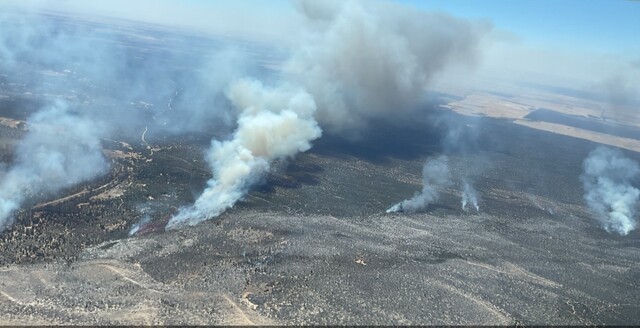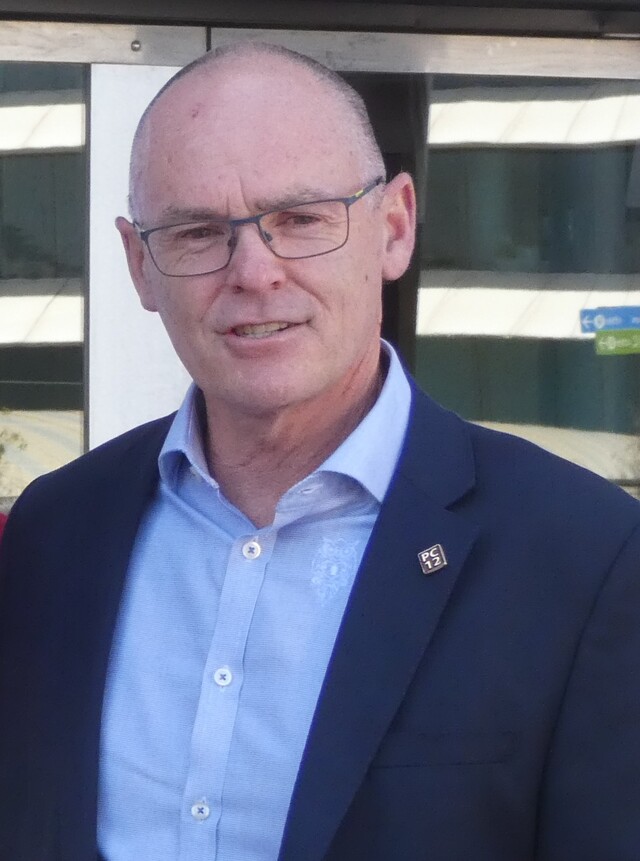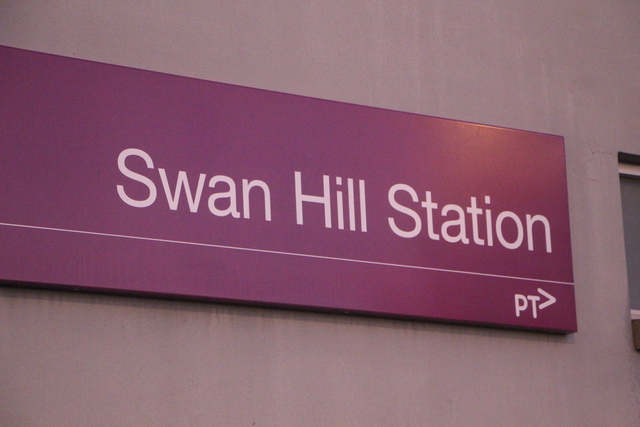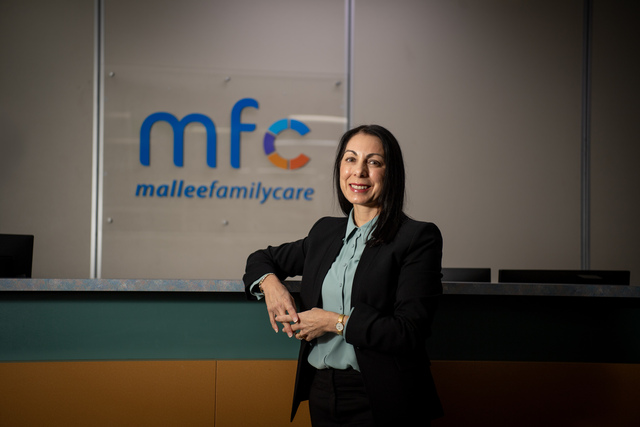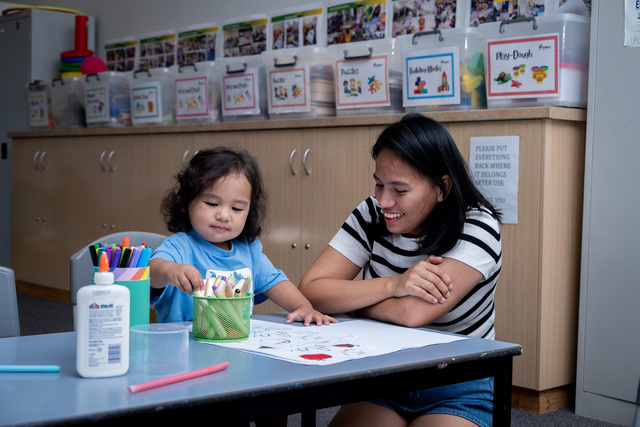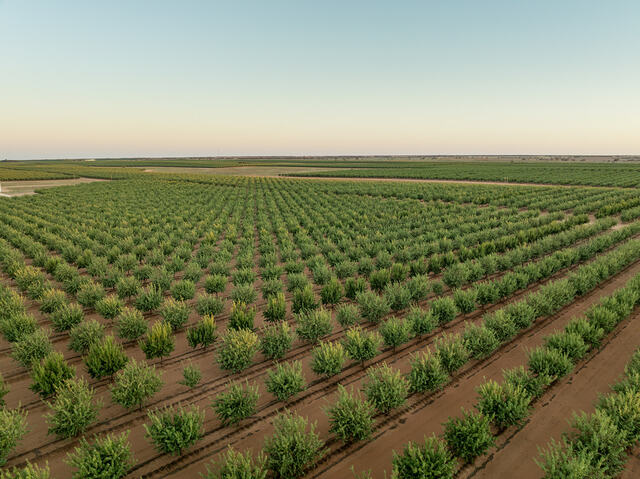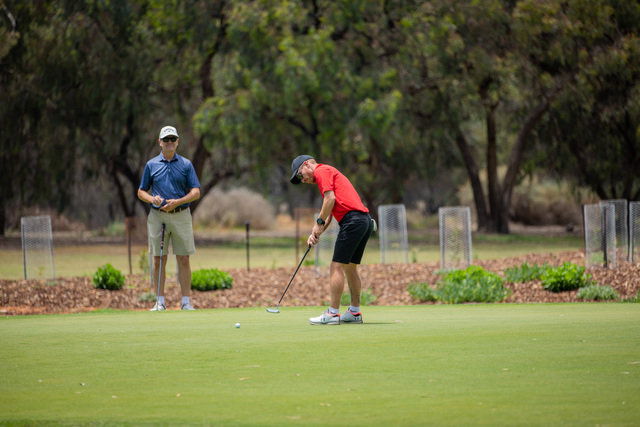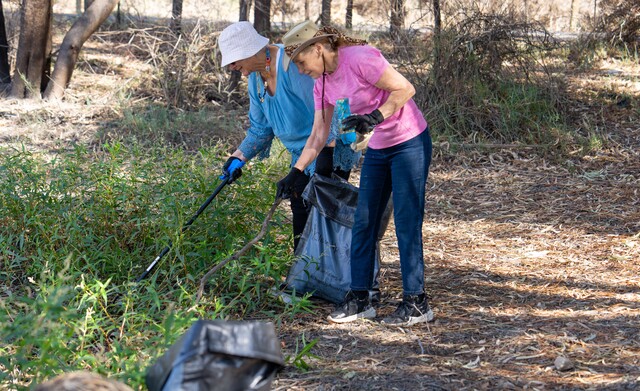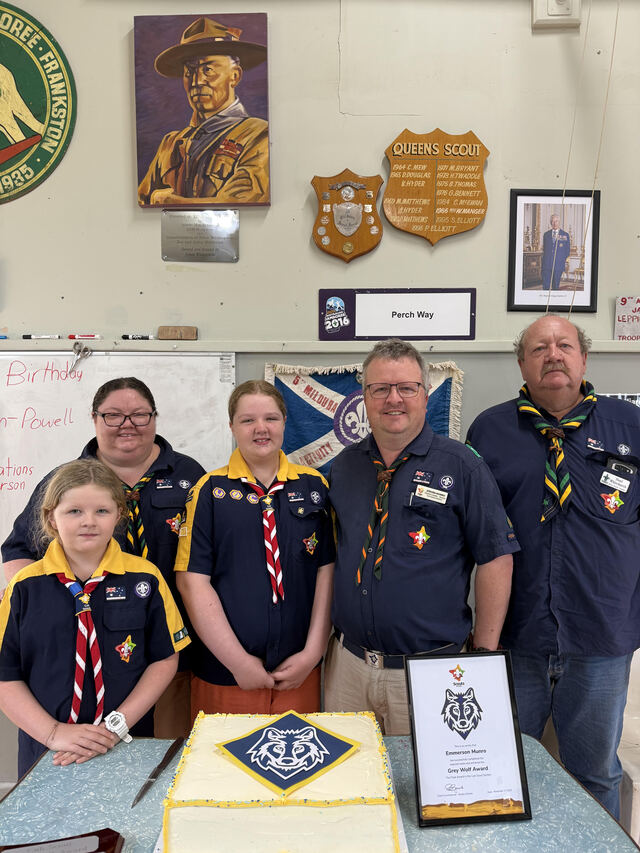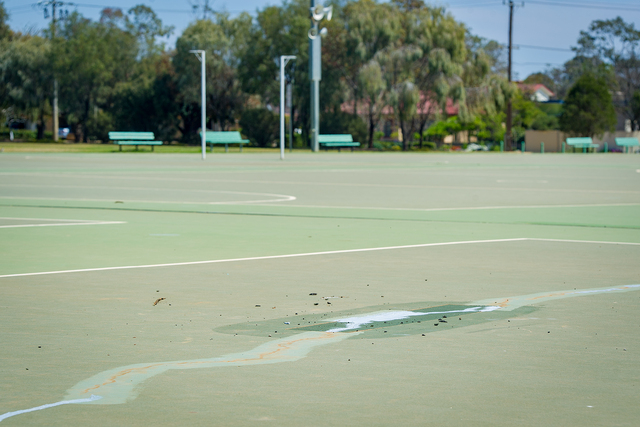THROUGHOUT Australian history, migration has played a critical role in national and regional growth. Migration is a defining feature of the Australian story and multiculturalism is a key to our strength.
European migration was significant in the post-World War II period, which spurred the growth of our thriving horticulture sector and has helped define our region’s unique character.
We are now seeing huge growth in Asia-Pacific temporary and permanent migration, which is adding to the diversity of Sunraysia communities.
Asian and Pacific workers are invaluable contributors to farms operated by migrant families who arrived before them, and skilled professionals are coming from all over the world to work as doctors, veterinarians, and engineers. Migration is crucial to our local economy.
Whether it’s through an understanding of a different culture or religion, exposure to a new idea or perspective, or even a new culinary experience, we all benefit from greater diversity in our communities and businesses.
The same is true for the whole nation, and in this way our region is a microcosm of wider Australia.
Multiculturalism in regional Australia is something to be celebrated and supported. So I was pleased to open the new Mildura office of AMES Australia this week.
AMES is an organisation that supports multicultural communities, newly arrived migrants and refugees across Australia — more than 30,000 clients annually.
The new office in Mildura means more migrants and culturally diverse local people will be able to get access to employment, education and English language courses.
Growers have trouble finding harvest labourers, businesses encounter difficulty employing skilled foreigners, and families struggle to reunite with loved ones.
I trust AMES Mildura will assist individuals and businesses to address these challenges, and build on the important work that has been ongoing in the region through organisations such as Sunraysia Mallee Ethnic Communities Council.
I look forward to working with AMES Mildura and engaging further with culturally diverse Mallee communities.

